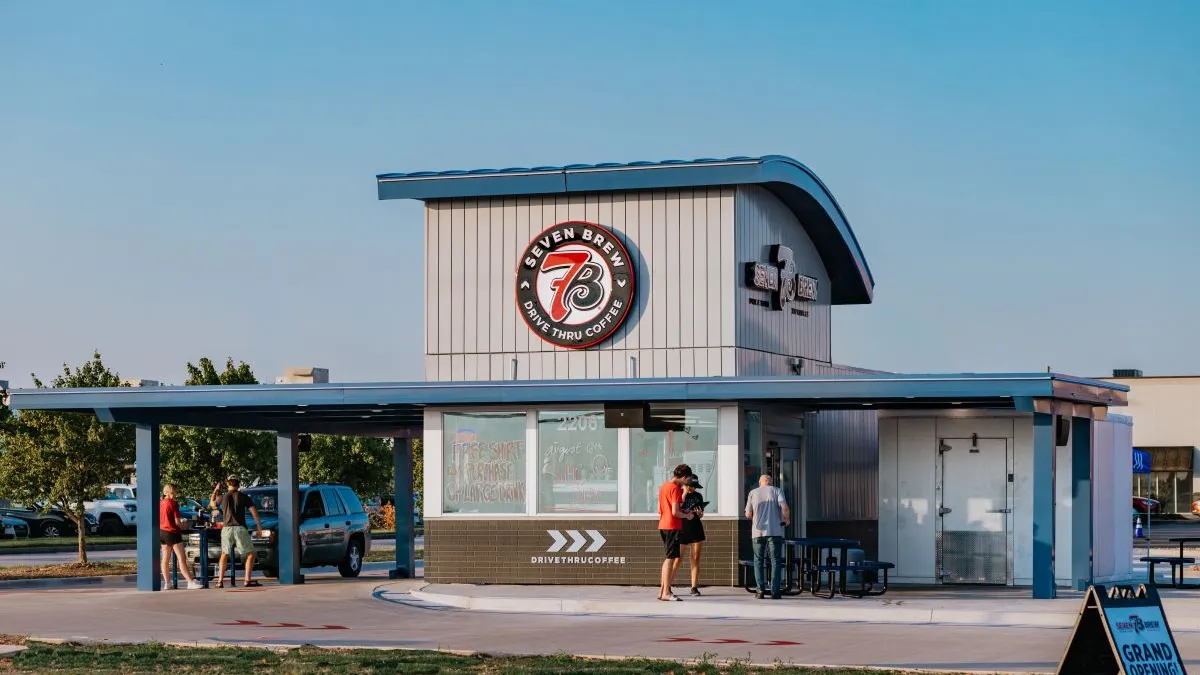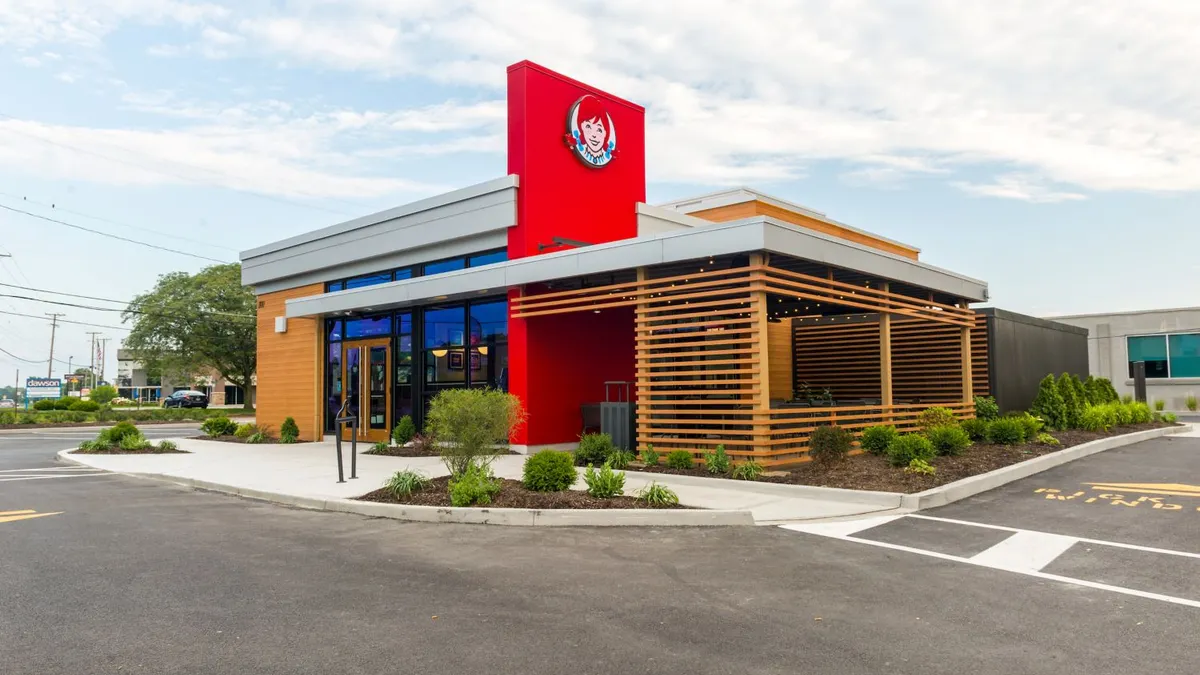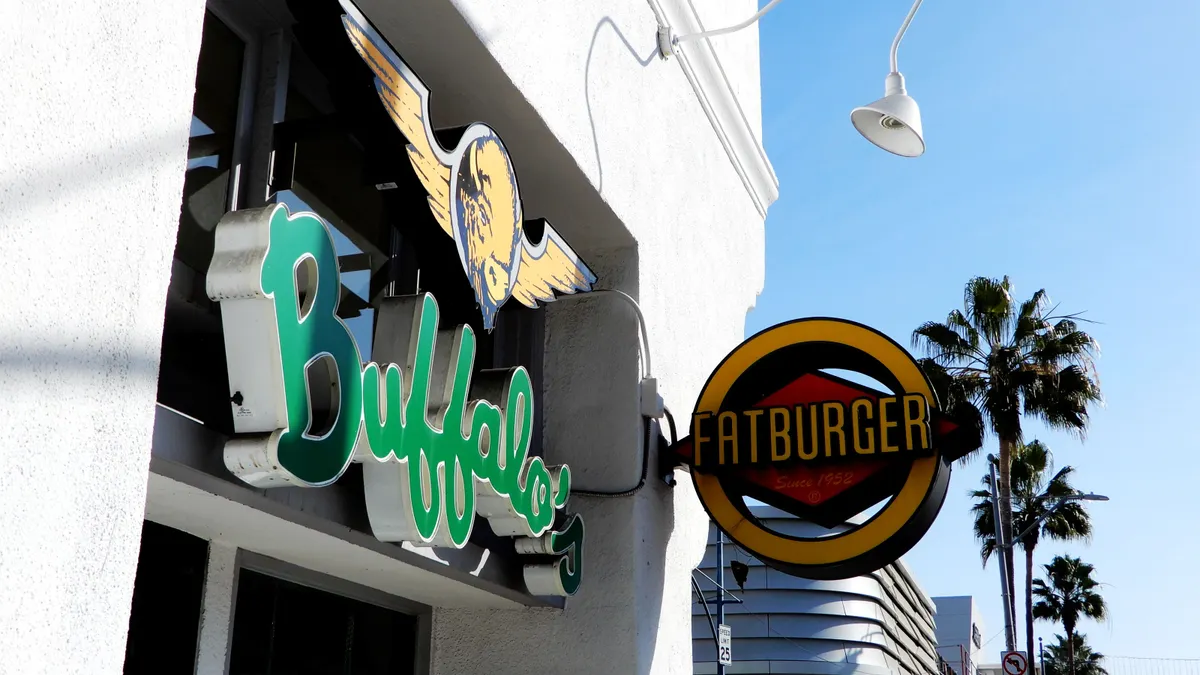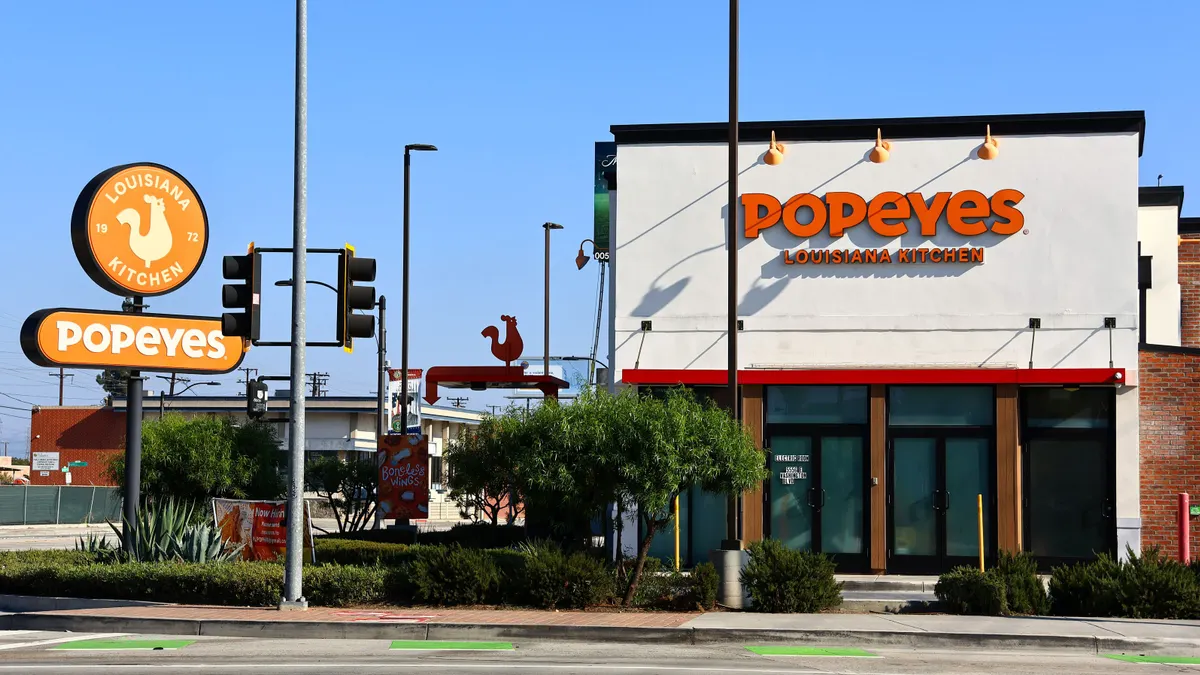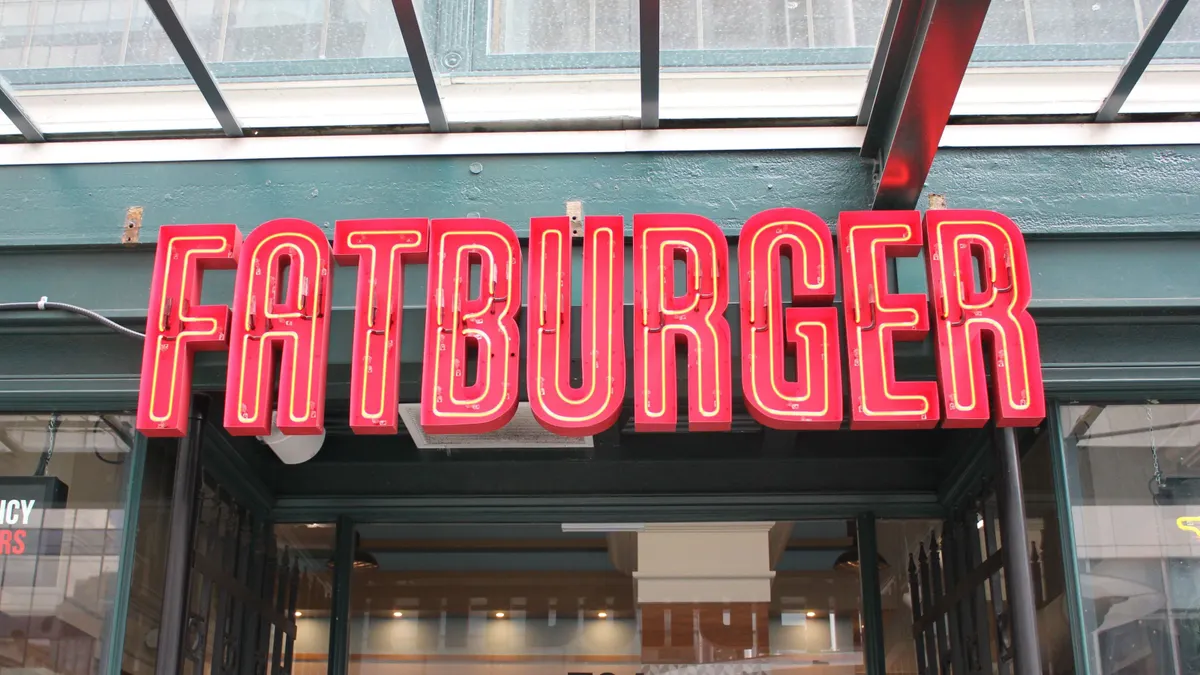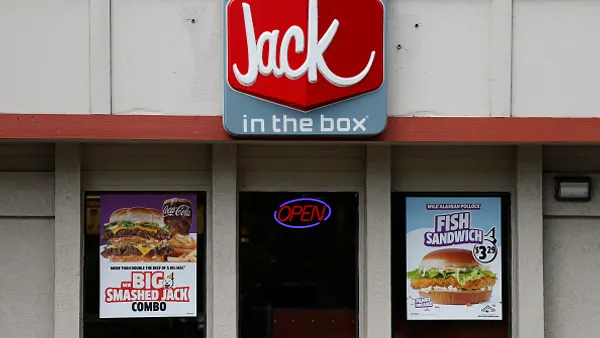In September, Franchise Equity Partners acquired a majority stake in 7 Brew’s second-largest franchisee, while Eyas Capital bought Bojangles’ largest franchisee, capturing the attention of the restaurant and private equity industries.
“While the M&A market is not back to where it was in years such as 2021, there has been an uptick this year, and successful restaurant franchisees have not been an exception,” Allison Gargano, partner and co-leader of the retail and ecommerce industry team at law firm Morgan Lewis, wrote in an email.
The acquisitions signal a shift in the private equity market, as restaurant franchisors — rather than franchisees — are typically the target of investment. Improved economics, primarily driven by lower interest rates, are fueling the trend.
"It's definitely a good time to get out there,” said Derek Ladgenski, partner, private credit, at law firm Katten Muchin Rosenman. “The inflows to the debt market that help support these deals are as high as they've ever been, and there are a lot of lenders out there looking to place dollars into the right deals."
The growth ‘trifecta’
Private equity firms are attracted to franchise portfolios because they offer three distinct paths to value creation: organic growth, expansion and acquisition.
“Their model is uniquely aligned with franchises,” Ladgenski said. “There’s a trifecta of opportunities for private equity.”
These investors are often more sophisticated than family-owned restaurant franchisees, allowing them to grow profits organically by improving operations, controlling food costs and streamlining management.
Private equity firms also have greater access to capital than the vast majority of individuals and families, leveraging undrawn limited partner funds, delayed draw term loans and relationships with Wall Street — rather than local and regional banks.
As a result, these firms can make the most of franchises’ steady cash flows by taking on more debt to finance growth. Private equity firms, for instance, can utilize franchise development agreements to expand rapidly, leveraging their real estate expertise to secure more favorable lease terms in prime locations.
Additionally, purchasing restaurant franchise portfolios rather than entire brands offers ongoing investment opportunities for private equity firms. They usually begin with a small initial purchase (e.g., 50 locations) and acquire additional franchises over time.
“You're typically never going to buy the entirety or even a majority of the franchisees under one brand,” Ladgenski said. “So, there are always other groups that may be willing to sell to you.”
What makes a franchise portfolio attractive
Before the COVID-19 pandemic, restaurant franchises were attractive investments because they offered annual cash-on-cash returns of about 12% to 15%, said Josh Benn, global head of consumer, food, restaurant and retail investment banking and the investment banking practice at Kroll.
“When rates were extremely low, [restaurant franchises] were deemed to be fairly low-risk investments,” Benn said.
However, in recent years, many individual and family investors have struggled amid rising prices and high interest rates, with many looking to sell.
Now, as interest rates finally begin to drop, those restaurant portfolios have become more attractive investments for private equity due to their greater financial and operational sophistication.
So, what are private equity firms looking for in a restaurant franchise portfolio?
Private equity firms often target fast-growing brands with strong unit economics, such as Dunkin’, Taco Bell and Wingstop, that allow for rapid growth.
Product category matters, too, as it’s closely tied to growth and profitability. Specific categories, such as chicken and Mexican fast casual, have “strong underlying fundamentals,” Benn said, with brands like Chicken Salad Chick and Qdoba experiencing rapid growth.
Other categories, such as pizza, are far less attractive to private equity.
“Pizza is highly competitive,” Benn said. “It’s fairly commoditized, and you have some really low-cost players out there. The fact of the matter is that all pizza tastes good.”
Brands like Domino's and Little Caesars, for instance, often sell pizzas for half the price of fast casual competitors, such as Blaze Pizza.
“As a consumer, you don’t see the value proposition,” Benn said. So, private equity investors don’t either.
The restaurant franchise system itself, however, is crucial.
Some franchisors are friendlier to private equity investors than others. Many brands welcome private equity investment because it can help reignite stalled growth, energize tired brands, provide a “spark” for newer brands and bring sophisticated, institutional financing into the system, Ladgenski said.
But other franchisors, such as Restaurant Brands International, make it more difficult for private equity firms to operate. RBI — the owner of Burger King, Firehouse Subs, Popeyes and Tim Horton’s — places significant limitations on franchisees, requiring them to live within the franchise portfolio's geographic footprint, maintain a 10% ownership stake and follow strict limits on leverage, Benn said.
“RBI makes it really difficult for people to transact in their system,” Benn said. “It just limits the universe of buyers. Your entry and exit into those systems is much more difficult than in a system where the franchisor is deemed to be user-friendly and constructive.”
Geography is another important factor, as some brands perform better in certain regions than others, which affects their unit economics.
“Popeyes performs really well in its core markets like Louisiana. They kick ass. In other parts of the country, they're less well known, and it doesn’t perform as well,” Benn said.
In the short to medium term, private equity firms are likely to invest more in full-service concepts than in quick-service restaurants, which have suffered amid high inflation and a weakening economy, he said.
“The value proposition that they're delivering in a lot of their restaurants is starting to become comparable to what a quick-service restaurant delivers, except the environment is much better. It can be an occasion, as opposed to just a solution,” Benn said.
Franchise groups looking to sell their portfolios must prepare to sell to private equity investors, as they have high standards for investment. Selling to private equity requires sophisticated financial reporting and systems, clean documentation, professional management and a clear articulation of goals early in the process.
“Selling to a private equity group requires you to have your ducks in a row. You need financials that are presentable, ideally even audited financials,” Ladgenski said.
But being a good business partner is even more important.
“When you commit, commit,” Ladgenski said. “You don't want to be seen as a shaky seller, where people aren't going to invest the time and energy to get across the finish line with you if you've been down the aisle too many times.”


